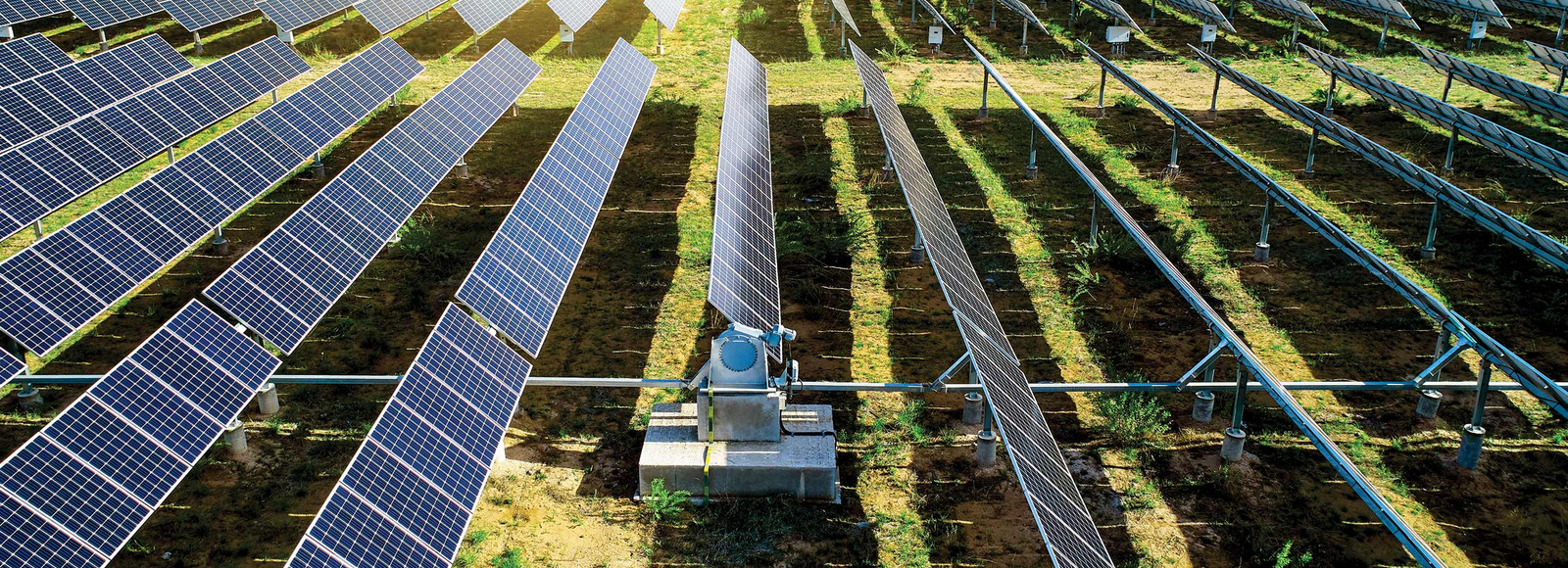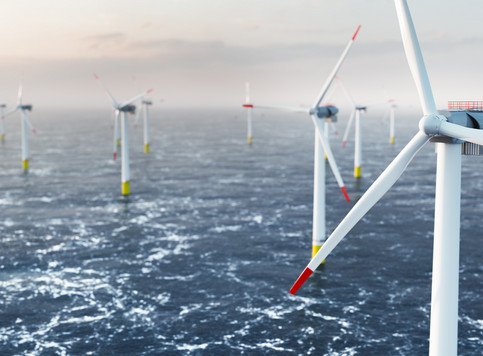The Norwegian Energy Commission’s report - Norwegian energy policy in a long-term perspective
The Norwegian Energy Commission’s report was published on 1 February 2023 (Nw.: ”Mer av alt - raskere – Energikommisjonens rapport”). The Energy Commission has been led by Professor Lars Sørgard, the former Director General of the Norwegian Competition Authority with the main tasks to assess challenges in of the Norwegian energy policy towards 2030 and 2050, including how different policy choices affect the long-term development of the Norwegian power system. The Report concludes and clarifies – not surprisingly - that Norway needs power expansion by way of more “green"/renewable energy, larger and more powerful grids, and a more efficient use of energy in order to meet such long-term challenges. Unless Norway speeds up the power production to secure future power supply, the risk of shortage (power deficit by 2027) and not reaching the climate goals (reduce emission of CO2 and climate gas with 55% by 2030) set by the Norwegian government may be the outcome.
By 2030, the specific target is an increase in renewable power production of at least 40 TWh, and at least 20 TWh saved through energy efficiency. To achieve this target, the government must make it easy to produce power from solar, hydro, onshore wind and offshore wind power. Considering that Norway's total power production per date is approximately 156 TWh electrical energy annually, this entails major changes in both increased power production and reduction of consumption soon. To obtain these targets on increased energy production and efficiency, the Report emphasizes the need to reduce processing time and to provide framework conditions that make it attractive to invest in and increase net capacity.
The key take-aways from the Report on increased (renewable) power production are as follows:
- General: The tax system being crucial for profitability and willingness to invest must be predictable and stable, so it pays off to invest in new power production, though that the power industry is taxed fairly for the exploitation of natural resources.
- Hydro: Arrangements should be made for increased production of flexible hydropower (large and small scale), for example by increasing power and pumped storage power plants.
- Onshore wind: Onshore wind power needs better guidance on the licensing process and increased value and influence for the municipalities, including an evaluation of so-called near-wind potential (with wind turbines along roads and in industrial areas). Onshore wind licensing resumed in 2022 after a 3 years’ pause.
- Offshore wind: More risk mitigation for the development of bottom-fixed wind projects in the North Sea, and increased ambition for out-put from 1.5 to 3 GW, with a target of 20 TWh production capacity by 2030.
- Solar: Streamlining of the legal and political framework to incentives solar power on buildings and ground.
The Report particularly emphasize the role of the construction and real estate with respect to energy efficiency in buildings, including:
- EU taxonomy harmonized standards: the importance of clear definition of energy-efficient buildings aligned with the requirements of the EU taxonomy, to give the sector access to favorable green financing.
- State aid: Reintroduction and explanation of Enova aid schemes for energy efficiency for commercial and residential buildings and time-limited grant or beneficial loan schemes to nudge implementation of individual measures with a high energy standard in single-family homes and apartment buildings.
- Energy requirements in technical standards: Tightening of the energy requirements for new buildings in building technical regulations to provide incentives to use heat pumps and other energy-efficient solutions for heating including solar energy for self-production of electricity and energy storage.
- District heating: Increased use of local/municipal resources such as district heating based on waste heat resources which can release power for industrial purposes with electrical power requirements in buildings.
The Ministry of Petroleum and Energy has initiated a consultation process for the Report, and the consultation deadline is 2 May 2023.
Click here to read the full report (in Norwegian).





